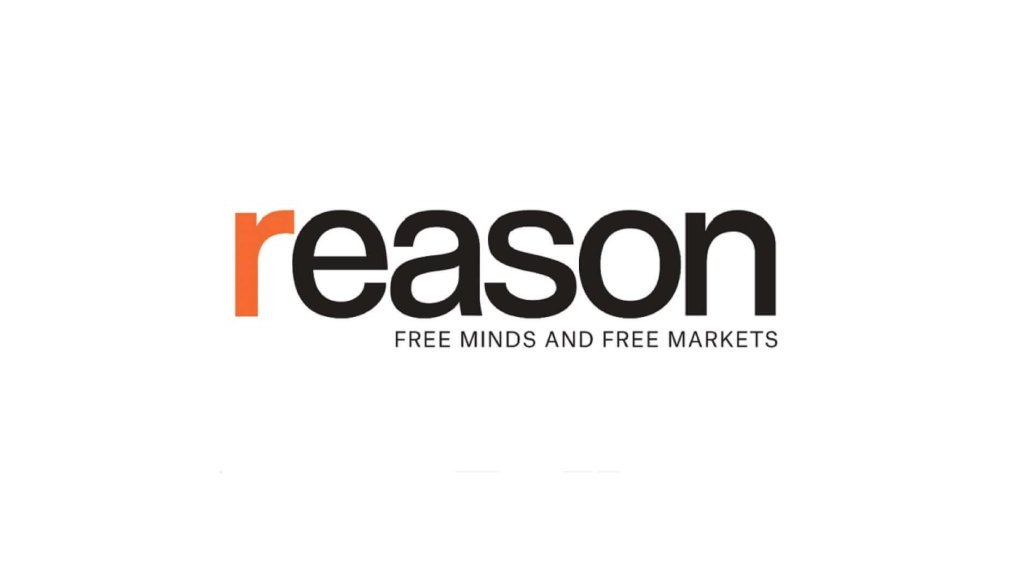Fewer Than 3 Friends
15 artificial friends: “The average American has, I think, fewer than three friends…and the average person has demand for meaningfully more, I think it’s like 15 friends….The average person wants more connection than they have,” Meta CEO Mark Zuckerberg told Dwarkesh Patel on his podcast. (Meta just launched a standalone AI chat app that will compete with ChatGPT and Claude.) “There’s a lot of questions that people ask, like Is this going to replace in-person connections or real-life connections? and my default is that the answer to that is probably no….There are all these things that are better about physical connections when you can have them, but the reality is that people just don’t have the connection and they feel more alone a lot of the time than they would like. I think a lot of these things that today there might be a little bit of a stigma around, I would guess that over time we will find the vocabulary as a society to be able to articulate why it is valuable and why the people who are doing these things, why they are rational for doing it, and how it is adding value for their lives.”
I’m sympathetic to Zuckerberg’s argument, which is about alternatives, recognizing that not every person will have the optimal community they desire. But people’s social muscles will atrophy when they resort to hollow, virtual connections as a loneliness anesthetic. They’ll be able to pacify their yearning most of the time, while losing their ability to put themselves out there and be vulnerable and face rejection, and they won’t realize what they’re missing until it’s too late and they’re truly in need. And, look, profit isn’t inherently bad, not in the slightest. But all of this is made a bit more dystopian because Zuckerberg stands to gain financially from more people adopting chatbot relationships (provided they’re with his company’s chatbots), opting out of real-world connectivity and opting into the thing his coders made.
Perhaps Spike Jonze’s Her is actually the way: The chatbot is used as a balm for the protagonist to get over a divorce and heal emotionally. But in the end, he opts out, walks away, and moves on, inviting his lady neighbor, who is also reeling from a divorce (aided by chatbots that forced the couple apart, or were maybe just coping mechanisms for a couple already riven), to come sit on the roof of their building with him to watch the sunrise. People will have access to the technology, and it may introduce new problems (and solutions) to their lives, but they’ll have to make the deliberate, conscious choice to opt into physical-world existen
Article from Reason.com

The Reason Magazine website is a go-to destination for libertarians seeking cogent analysis, investigative reporting, and thought-provoking commentary. Championing the principles of individual freedom, limited government, and free markets, the site offers a diverse range of articles, videos, and podcasts that challenge conventional wisdom and advocate for libertarian solutions. Whether you’re interested in politics, culture, or technology, Reason provides a unique lens that prioritizes liberty and rational discourse. It’s an essential resource for those who value critical thinking and nuanced debate in the pursuit of a freer society.




